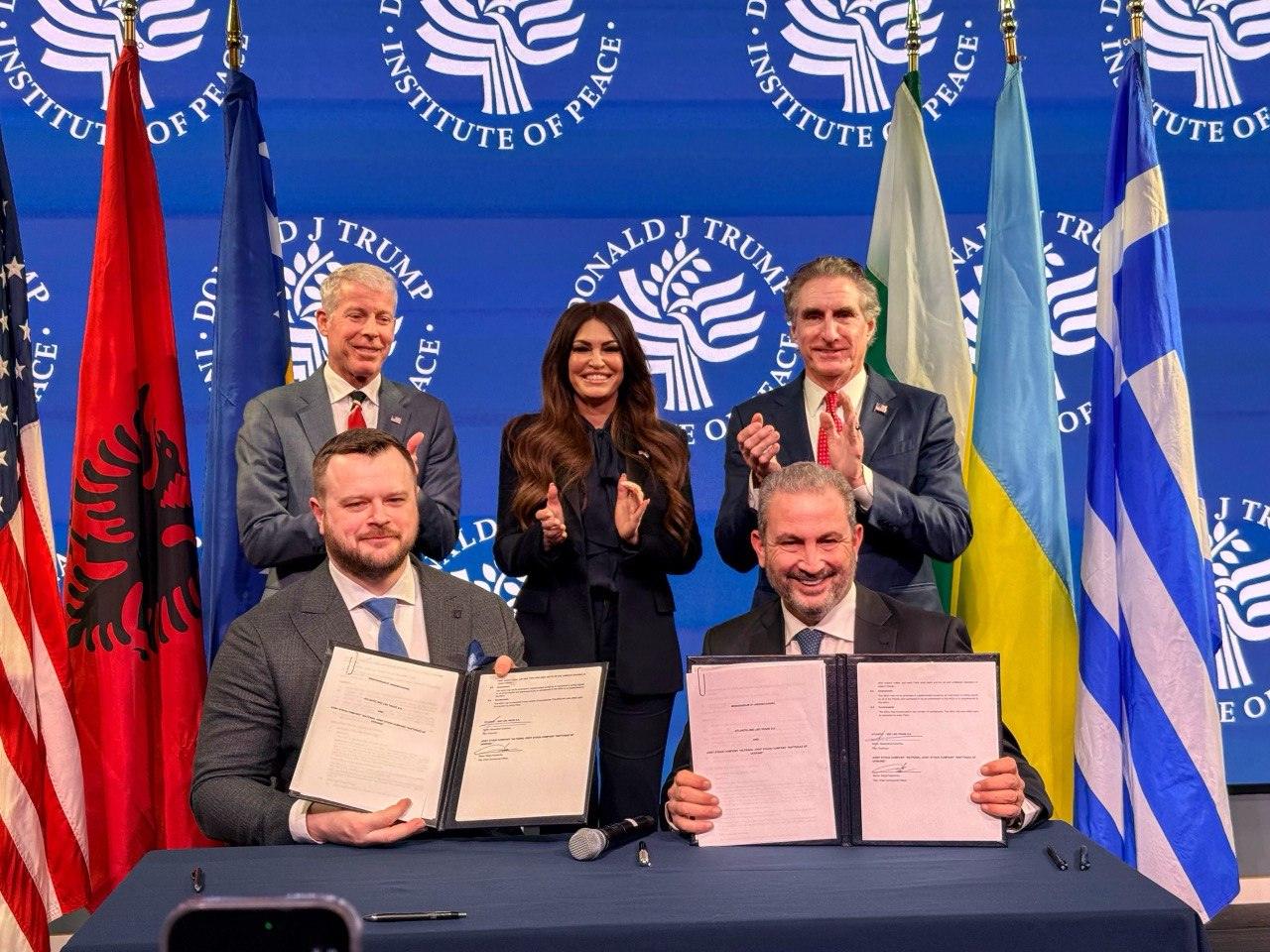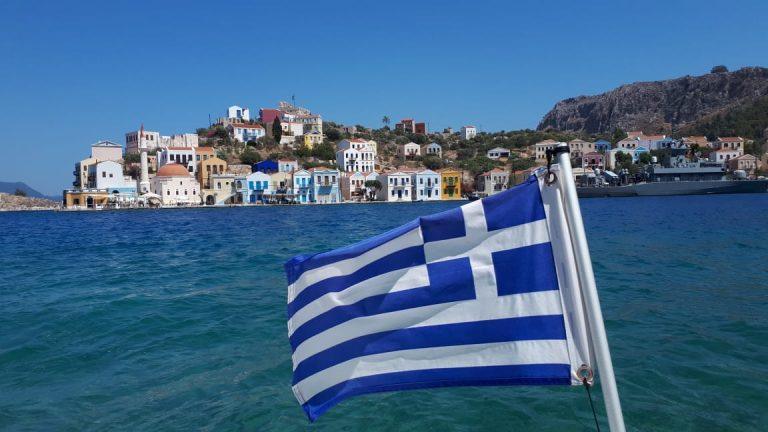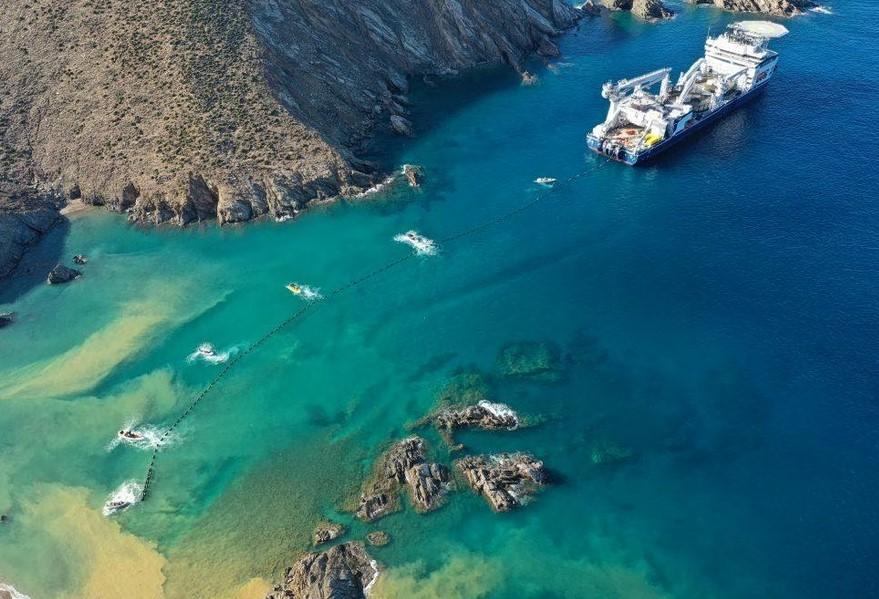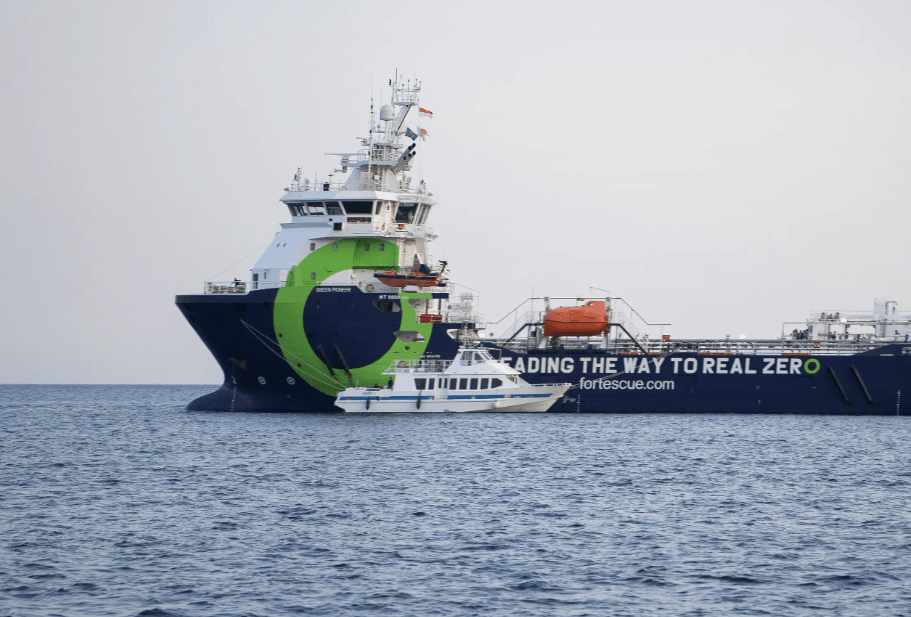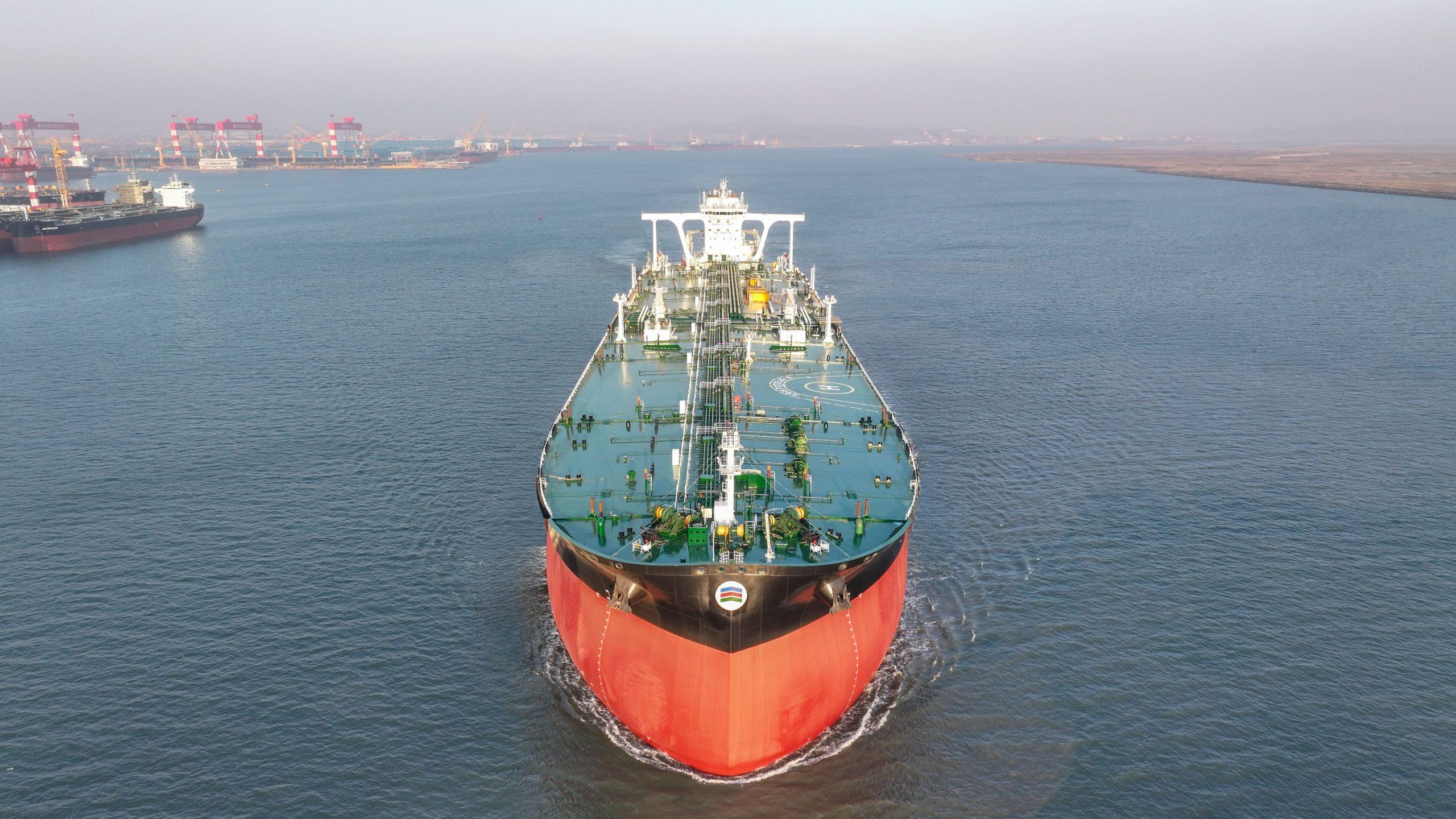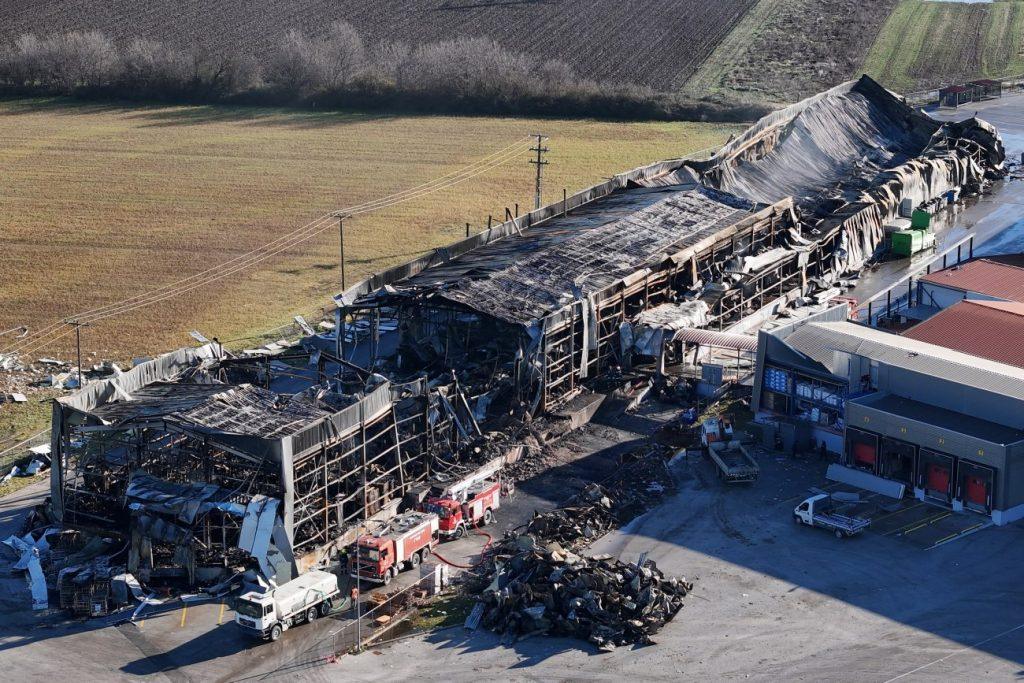The big bet in the coming years and in the context of the policy of dealing with climate change is for European shipping to become “greener” while maintaining and strengthening its competitiveness.
Mr. Sotiris Raptis, secretary general of the European Community Shipowners ’Associations (Ecsa), the leading union of European shipping, emphasizes the above in an interview with NEA newspaper as he represents all the shipping bodies of the EU.
European shipping can contribute to achieving European climate targets. However, this contribution should be made in a way that will ensure and strengthen its competitiveness, Mr. Raptis underlines in his first interview after taking office at ECSA and talking exclusively about the environmental challenges of shipping.
Mr Raptis, what are the biggest challenges facing European shipping today?
The European economy is facing an ever-changing environment, from pandemics to geopolitical crises and rising energy costs. In addition, shipping has to deal with a large package of legislation related to the new European climate policy. The big bet is to maintain and strengthen the competitiveness of European shipping. It is important to make it commonplace in the European institutions that shipping is a key pillar of the competitiveness of the European economy and is characterized by unique diversity.
The industry is also facing the challenge of energy transition and dependence on fossil fuels. Our firm position is that climate legislation must be introduced at IMO level. Only international regulatory rules at IMO level can completely prevent the possibility of a regulatory fragmentation, which would undermine the prospects of the industry. On the other hand, the climate crisis is one of the biggest challenges facing our societies. It is a crisis not only environmental but also economic. European shipping can contribute to achieving European climate targets. However, this contribution must be made in a way that will ensure and enhance its competitiveness.
Do not the proposals for the integration of shipping into the European Emissions Trading Scheme (ETS) and the introduction of a European target for cleaner fuels undermine the position of European shipping in international competition?
ECSA has welcomed the ambitious initiative of the European climate package ‘Fit for 55’. We have, however, been strongly critical of the lack of coherence between the proposals in the package, which includes the proposal to integrate shipping into the European Emissions Trading Scheme (ETS) and to introduce a European target for cleaner fuels, the so-called EU Maritime Fuel. We have set clear goals and priorities as both proposals focus unilaterally on shipping without regulating either charterers or fuel suppliers or ports. Proposals must regulate all institutions in order to be consistent with the environmental goals they set.
For example, charterers are the decision-makers that affect emissions such as the fuel market. Our priority is to bear the costs of implementing the ETS in accordance with the “polluter pays” principle. On the other hand, although the EU Maritime Fuel proposal concerns the introduction of targets for cleaner fuels, all the burden falls on the ship without conditions or rules for fuel suppliers. Our basic position is that fuel suppliers should be responsible for the availability and quality of fuel (shared responsibility). Finally, what is missing from both proposals is the allocation of resources that will be created by the new measures to finance the energy transition of the sector. We have proposed the creation of a special fund that will finance, among other things, the difference in price between new, cleaner fuels and those that are used now.
What are ECSA key priorities for the coming period?
The main goal is to make the voice of European shipping louder in Brussels. The challenges we face are unprecedented and the industry is for the first time at the forefront of the European institutions’ political agenda. We need to become even more extroverted and expand our alliances with other industry institutions and even civil society organizations. Shipping is a key pillar of the European economy and must be a co-shaper of developments at European level.



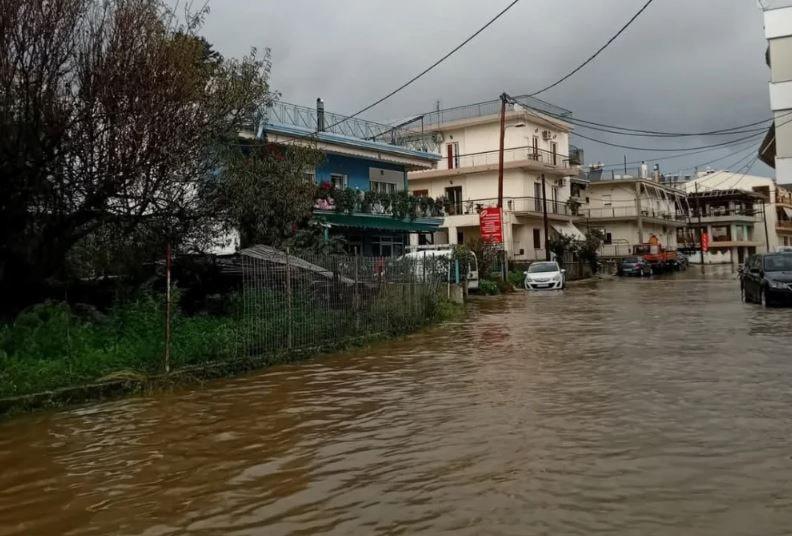



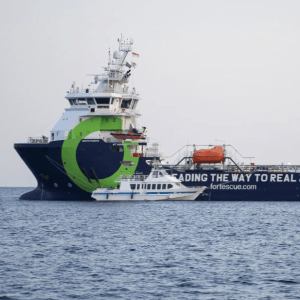






![Ελβετικό φράγκο: Πάνω από 3.000 αιτήσεις για ρύθμιση δανείων [πίνακες]](https://www.ot.gr/wp-content/uploads/2025/09/ot_elvetiko_fragko.jpg)
![Ακίνητα: Σε ποια εξοχικά στρέφονται οι επενδυτές [ πίνακας]](https://www.ot.gr/wp-content/uploads/2026/02/property-scaled.jpg)





